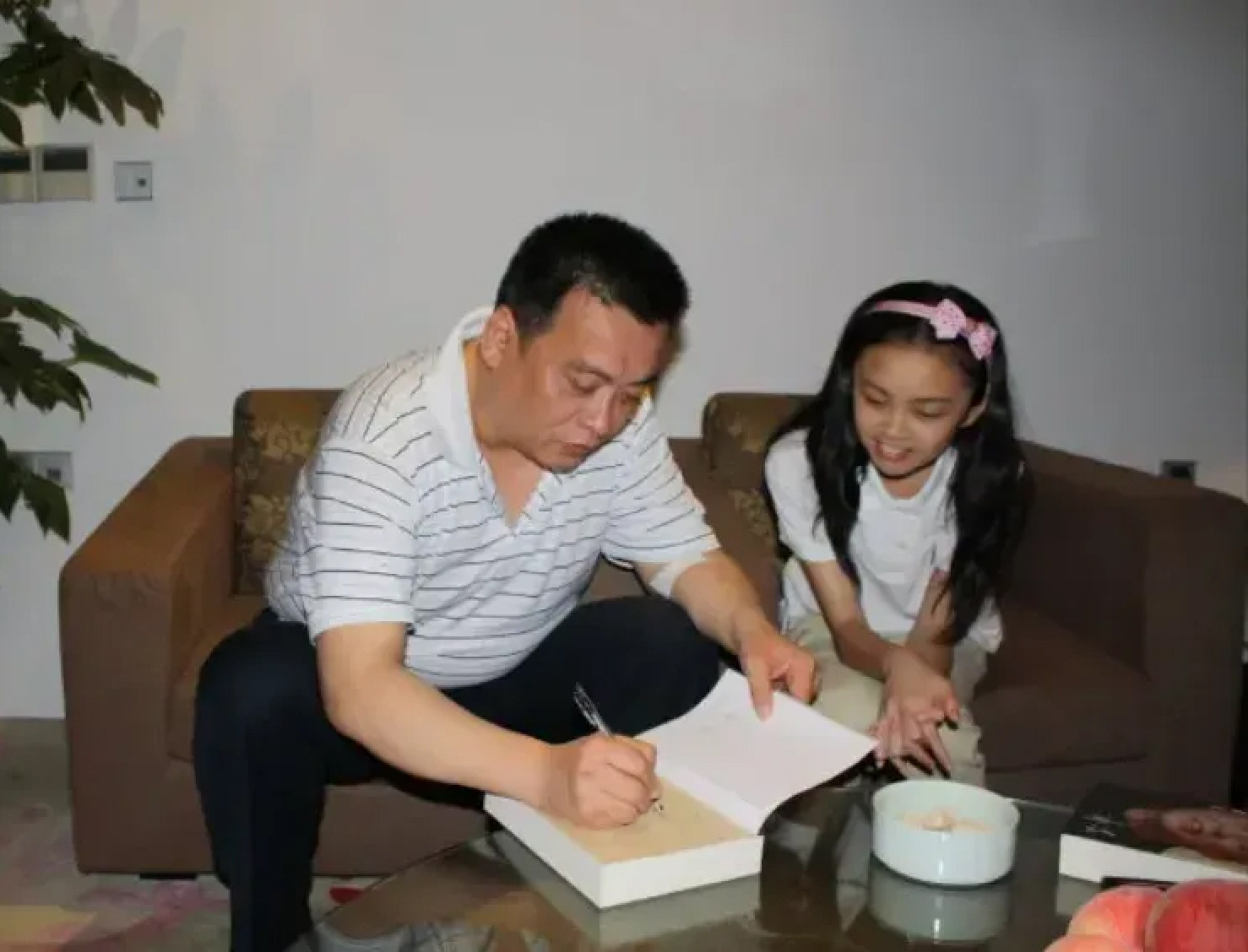Guo won a silver medal in the International Olympiad in Informatics (IOI) in 2015 and was later admitted to Harvard University, where she earned a bachelor’s degree in mathematics and later a master’s in computer science.
During her time at the prestigious Ivy League university, she also interned at top tech companies such as Microsoft and Google.
Later, Guo continued her education by pursuing a PhD in computer science at Stanford University, working on the intersection of Natural language processing and graphics.
Reflecting on her own choices, Guo said: “When I was young, I was good at writing and won many awards, but I wasn’t very good at maths. I thought being good at writing wasn’t cool enough, and since programming and maths were male-dominated fields, excelling in maths felt more challenging.”
“Whether it’s Harvard, MIT, or Stanford, it’s not that important. What matters is your personal growth.”
Guo’s mother is an MIT graduate, and her father, Guo Huaqiang, is a former chairman of the Hangzhou-based IT services company Sunyard Technology.
Pika’s origins and successes
The idea for Pika originated from her experience at the 2022 “AI Film Festival” hosted in New York City, where Guo and several Stanford computer science PhD classmates participated but failed to win.
Their frustration with existing video tools led them to develop a superior AI video generation tool.
In April last year, Guo decided to drop out of Stanford and, together with Chenlin Meng, a fellow Stanford PhD student, co-founded Pika, focusing on developing easy-to-use AI video generators.
“If you compare AI-generated videos from last year with those generated this March and those from the past one or two months, you’ll see that video-generation models are developing really fast,” Guo said in an interview with Chinese media outlet Overseas Unicorn, detailing the main reason she decided to leave school.
Since its launch, Pika has grown rapidly, and has raised US$135 million at a market valuation of US$470 million.
Notably, the launch of the Pika 1.0 version not only propelled Guo into the business spotlight but also caused Sunyard Technology’s share price to rise by over 20 per cent in one week, earning it the nickname “daughter concept stock”.

Public reactions in China
Many people hearing about Guo’s story are particularly drawn to this “Silicon Valley narrative” of innovative founders launching successful startups.
One person commented: “Beautiful looks, genius, combined with a ‘remarkable family background’ and a ‘valuation of 3 billion yuan,’ these descriptions are all eye-catching and exemplify the seemingly impossible ‘perfect triangle’ of beauty, wealth, and talent.”
Another person quipped: “My reincarnation skills are lacking. Please give me this life script in my next life.”
However, there is also a prevailing sentiment of fatigue over such “elite narratives” and the “god-making” through storytelling.
“She might be a tech version of Eileen Gu, but she’s a bit out of reach for ordinary folks,” one person remarked.
“As the daughter of Sunyard’s boss, her starting point is different. If she had started from scratch without any background, then she would be a true genius. We recognise her excellence, but we should not overpraise it,” wrote someone else.

